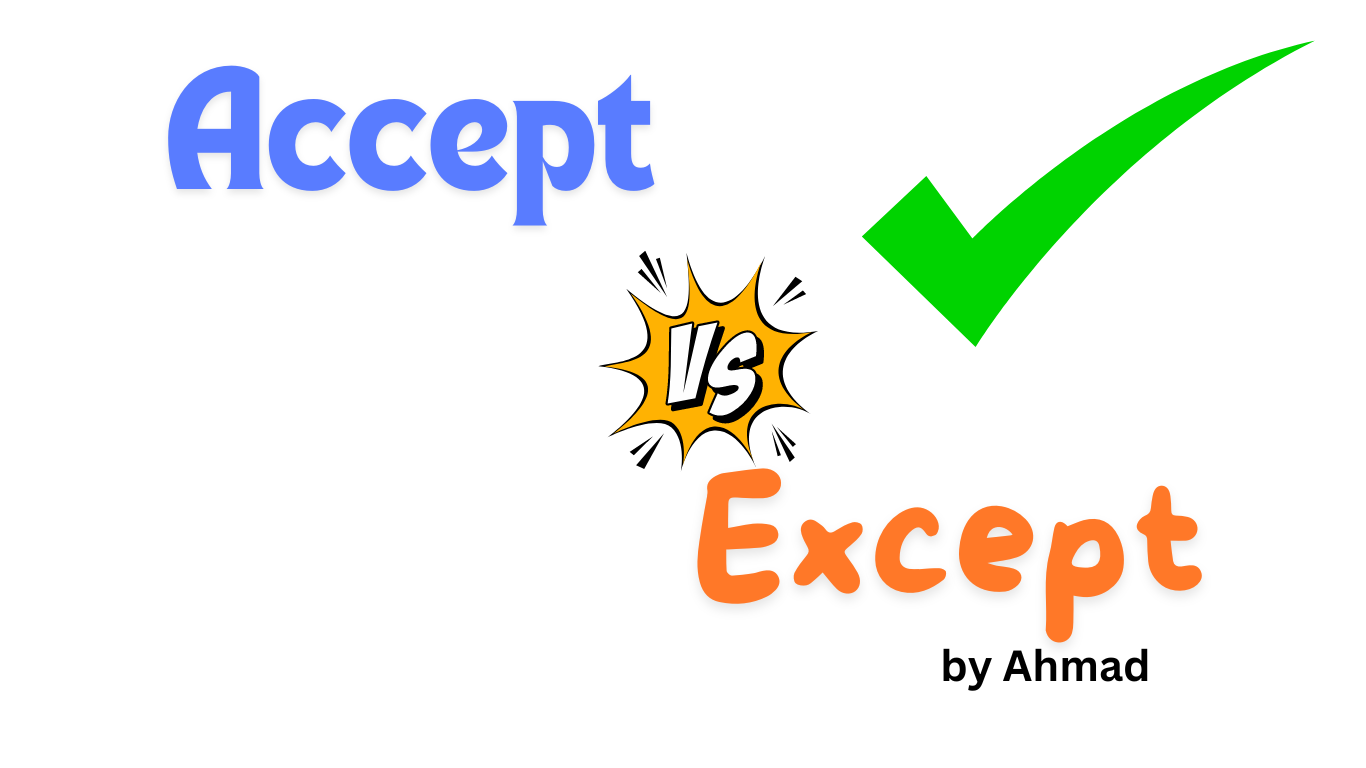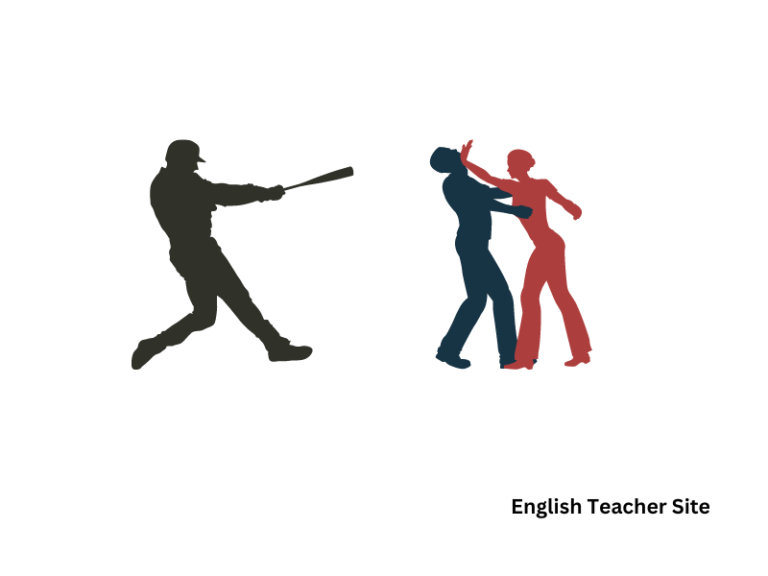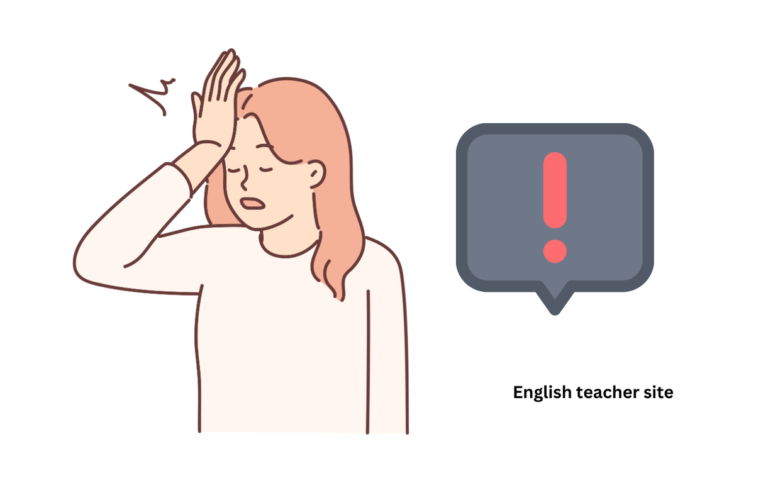Accept vs Except: Understanding the Differences

- Accept and except are two commonly confused words in the English language with very different meanings.
- Accept means “to receive something willingly” or “to agree with something offered,” while except means “to exclude” or “to leave out.”
- It is important to use these words correctly in order to avoid confusion and misunderstandings.
Definitions and Usage:
Accept is a verb that means “to receive something willingly” or “to agree with something offered.” Except, on the other hand, means “to exclude” or “to leave out.” It is important to note that accept and except are not interchangeable and using one instead of the other can completely change the meaning of a sentence.
Accept in Sentence Examples
Here are a few sentence examples that use the word “accept” correctly:
- “I accept your apology.”
- “She accepted the award graciously.”
- “The company accepted the terms of the contract.”
When to Use ‘Accept’
Accept is a verb that means “to receive something willingly.” It is used to describe the act of taking something offered or agreeing to something. Accept is often used in the context of receiving a gift or an invitation, or agreeing to terms and conditions.
Accept as a Verb
Accept is a verb that is used to describe the act of receiving something willingly. It is often used in the context of receiving a gift or an invitation. For example, “She accepted the job offer” or “He accepted the invitation to the party.” In these examples, accept is used as a transitive verb.
Accept as a Noun
Accept can also be used as a noun, but it is not commonly used in English writing. The noun form of accept is acceptance. For example, “She received acceptance into the prestigious university” or “The company’s acceptance of the new policy was met with mixed reactions.”
Accept and Remembering
To remember the correct usage of accept, it is helpful to associate the word with the act of receiving. For example, “I accept the gift” or “She accepted the invitation.” This association can help English speakers remember the correct usage of the word.
Synonym of Accept
Here is a table that shows some common synonyms for the word “accept”:
| Synonym | Definition |
|---|---|
| Receive | To take something offered |
| Approve | To agree to something |
| Embrace | To accept something willingly |
When to Use ‘Except’
Except is a homophone of accept, but it has a different meaning. It is important to know when to use except in writing to avoid confusing readers. Except is a preposition that means “excluding” or “other than.” It is used to indicate that something or someone is not included in a group or category.
Remembering Except
To remember when to use except in writing, it is helpful to think of it as a word that means “excluding” or “other than.” When writing, it is important to use except when you want to exclude something or someone from a group or statement.
Exceptions to Except
There are a few exceptions to the use of except. One common mistake is using “accept for” instead of “except for.” This is incorrect and should be avoided.
Another exception is when using except to mean “unless.” For example, “I won’t go to the party except you come with me.” This sentence means that the person will only go to the party if the other person comes with them.
Accept vs. Except Examples
Accept and except are two commonly confused words in the English language. They are homophones, which means they sound the same but have different meanings.
Here are some examples to help you understand the difference between accept and except:
- She accepted the job offer. (She agreed to take the job.)
- He accepted the gift with gratitude. (He received the gift graciously.)
- They won’t accept no for an answer. (They won’t take no as a response.)
- The teacher accepted the late homework. (The teacher allowed the homework to be turned in late.)
On the other hand:
- Buy all the ingredients for the recipe except milk. (Buy everything except milk.)
- I like all the songs on the album except the last one. (I like every song except the last one.)
- Everyone is going to the party except for John. (Everyone is going to the party, but John is not.)
- All the students passed the test except for one. (All the students passed, except for one.)
| Accept | Except |
|---|---|
| She accepted the invitation to the party. | Everyone except for the boss was at the meeting. |
| He accepted the challenge to run a marathon. | All of the students passed the exam except for one. |
| The restaurant accepts reservations. | I like all the toppings on my pizza except for mushrooms. |
| The company accepted the new policy. | The store is open every day except Sunday. |
My name is Khamis Maiouf. I am the creator of the English Teacher Site, dedicated to providing valuable resources and insights for students around the world. With a passion for education and a commitment to helping students enhance their skills, I aim to make English teaching more effective and enjoyable for both educators and students.






